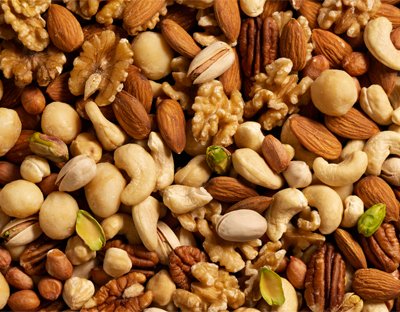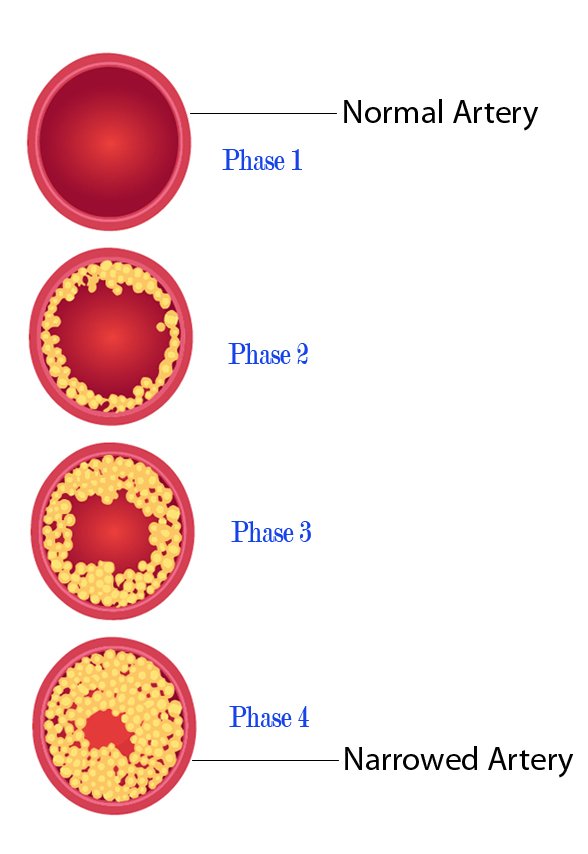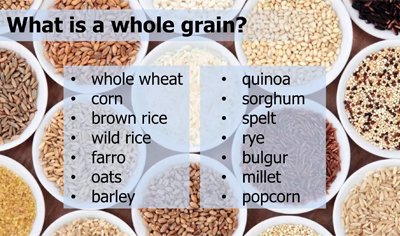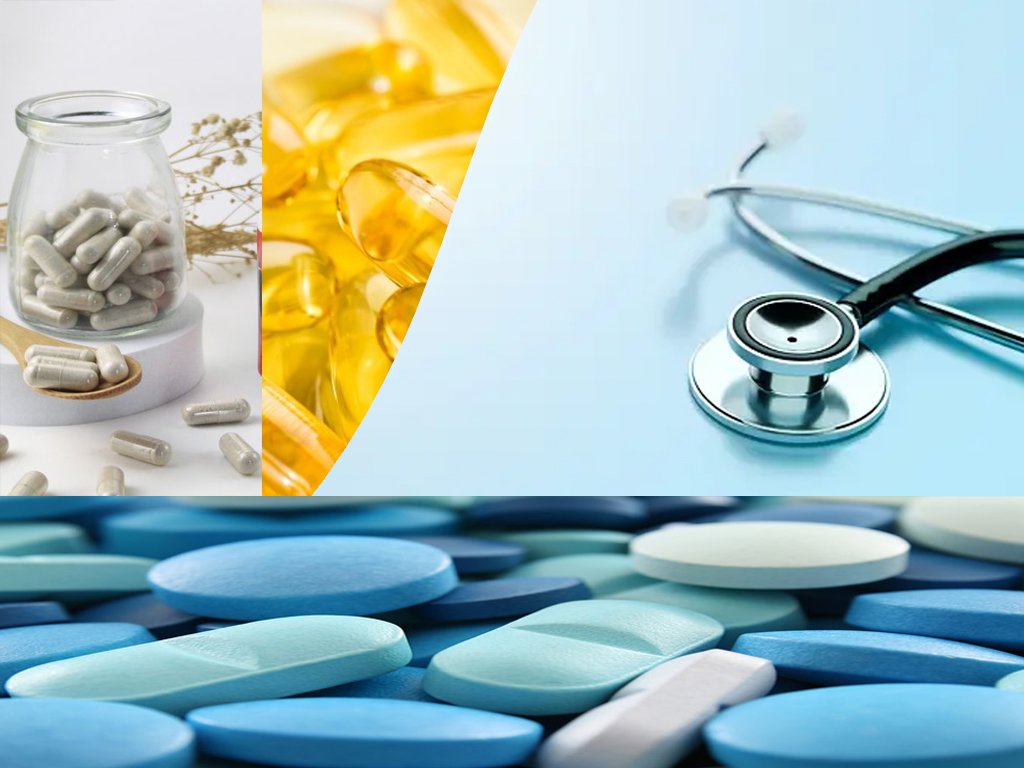
Cholesterol is a type of fat that our body needs for various important functions. It’s a bit like having butter in your kitchen—it’s useful for cooking, but too much of it can cause problems.
Cholesterol is important for our body and is essential for various physiological functions. Here are some Important functions who plays main role in our body.
1. Hormone Production: Cholesterol is a forerunner for the synthesis of hormones, including sex hormones (such as estrogen and testosterone) and adrenal hormones (such as cortisol). These hormones play vital roles in growth, development, and the body’s response to stress.
2.Bile Acid Formation: Cholesterol is used to produce bile acids in the liver. Bile acids are necessary for the digestion and absorption of dietary fats and fat-soluble vitamins in the small intestine.
3. Cell Membrane Structure: Cholesterol helps maintain the integrity of cell membranes and ensures they function properly. It is a crucial component of cell membranes, providing stability and fluidity
4. Vitamin D Synthesis: Cholesterol is a precursor for the production of vitamin D. When your skin is exposed to sunlight, cholesterol is converted into vitamin D, which is essential for the absorption of calcium and phosphorus in the intestines, promoting bone health.
Choleterol is Mainly Two Types 1. HDL (High Density Lipoprotiens).
2. LDL (Low Density Lipoprotiens).
LDL transported by HDL from the arterial walls to the liver, where the lipoprotein can degrade and be eliminated from the body. It’s crucial to remember that HDL cannot rid the body of LDLs entirely. HDL carries only a third to a quarter of blood cholesterol.
Fatty oils Can Add to Elevated Cholesterol.Fatty oils are the most well-known type of fat in the body. They can store overabundance energy from your eating routine.
A high fatty substance level joined with high measures of LDL (terrible) cholesterol or low HDL (great) cholesterol can make greasy developments inside the conduits and increment the gamble of cardiovascular failure and stroke.
The following foods can raise your HDL count:
Nuts & Seeds

Beans

olive Oil

Oats

Whole Grains

Legumes

LDL is known as “terrible” cholesterol in light of the unfavorable unexpected problems it can add to. LDL can add to greasy developments in the corridors and cause “atherosclerosis”. This causes a limiting in the supply routes and improves the probability of cardiovascular failure, stroke, and fringe corridor illness.
Food varieties that ought to be restricted or dispensed with from your eating routine since they add to a high LDL count include: Fried foods, baked goods, and red meat are all foods that can increase HDL levels.


1. Eat a Heart-Healthy Diet:

• Choose healthy fats: Opt for unsaturated fats found in olive oil, avocados, nuts, and seeds. Limit saturated and trans fats found in red meat, full-fat dairy products, and processed foods.
• Increase fiber intake: Foods high in soluble fiber, such as oats, beans, fruits, and vegetables, can help lower LDL cholesterol.
• Eat fatty fish: Omega-3 fatty acids found in fish like salmon, mackerel, and trout can help improve cholesterol levels.
2. Exercise Regularly:

• Engage in aerobic exercise: Aim for at least 150 minutes of moderate-intensity aerobic exercise (e.g., brisk walking) or 75 minutes of vigorous-intensity exercise per week.
• Include strength training: Incorporate strength training exercises at least two days a week to improve overall cardiovascular health.
3. Maintain a Healthy Weight:

• Losing excess weight can help lower LDL cholesterol and increase HDL cholesterol. Aim for a gradual, sustainable weight loss through a combination of a healthy diet and regular exercise.
4. Quit Smoking:

• Smoking damages blood vessels and lowers HDL cholesterol. Quitting smoking can have numerous health benefits, including improvements in cholesterol levels.
5. Limit Alcohol Consumption:

• Moderate alcohol consumption may have some cardiovascular benefits. However, excessive alcohol intake can lead to high triglyceride levels and contribute to other health issues. If you drink alcohol, do so in moderation.
6. Choose Whole Grains:

• Opt for whole grains such as brown rice, whole wheat, and quinoa. These foods are rich in fiber and can help lower cholesterol levels.
7. Stay Hydrated:

• Drinking plenty of water supports overall health and can contribute to a healthy lifestyle. Water is a great choice over sugary beverages.
8. Consider Medications:

• If lifestyle changes alone are not sufficient, your doctor may prescribe medications, such as statins, to help manage cholesterol levels. It’s important to follow your healthcare provider’s recommendations and have regular check-ups.
Remember, it’s essential to work with your healthcare provider to develop a personalized plan based on your individual health needs and risk factors. They can monitor your cholesterol levels and provide guidance on the most appropriate strategies for you.